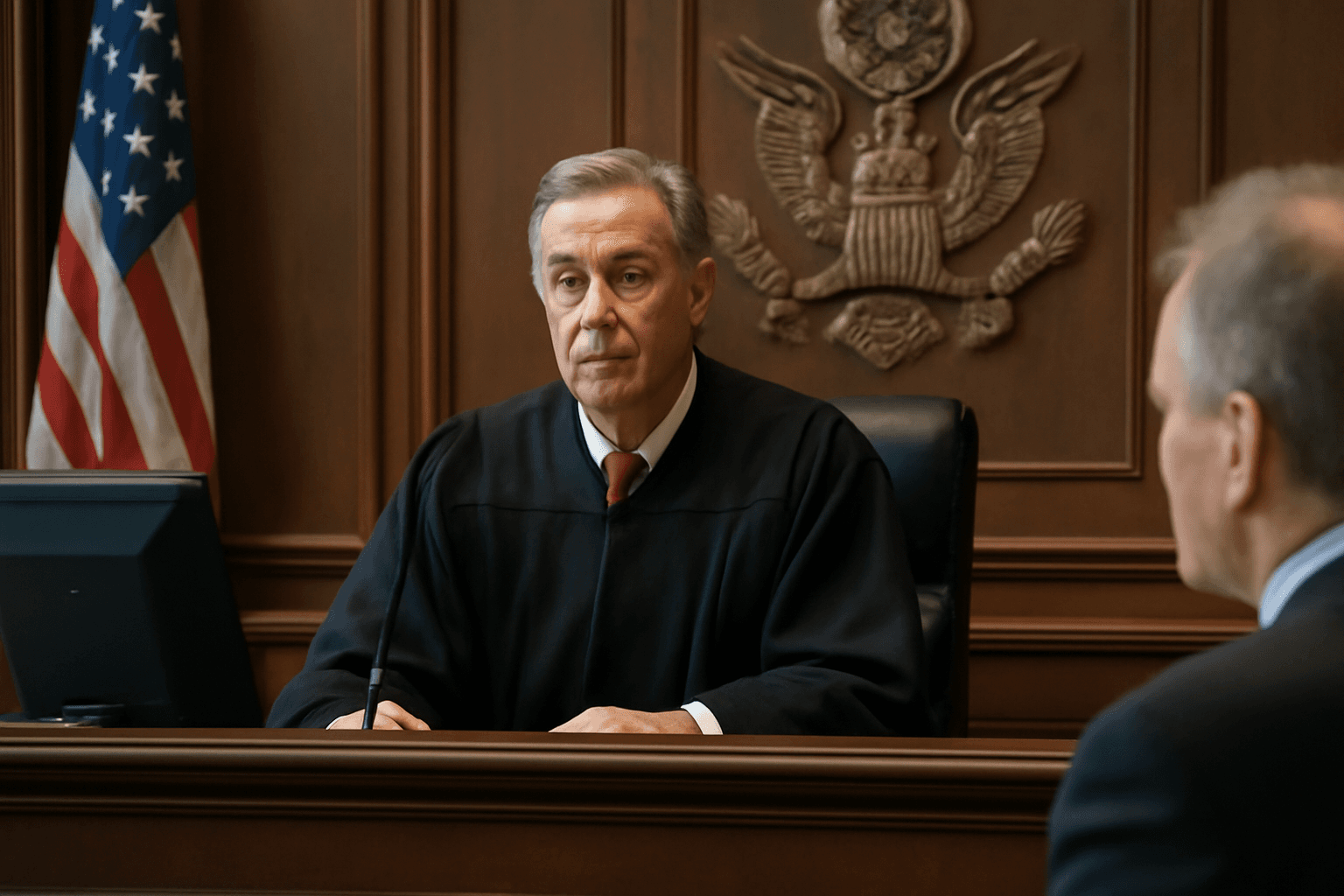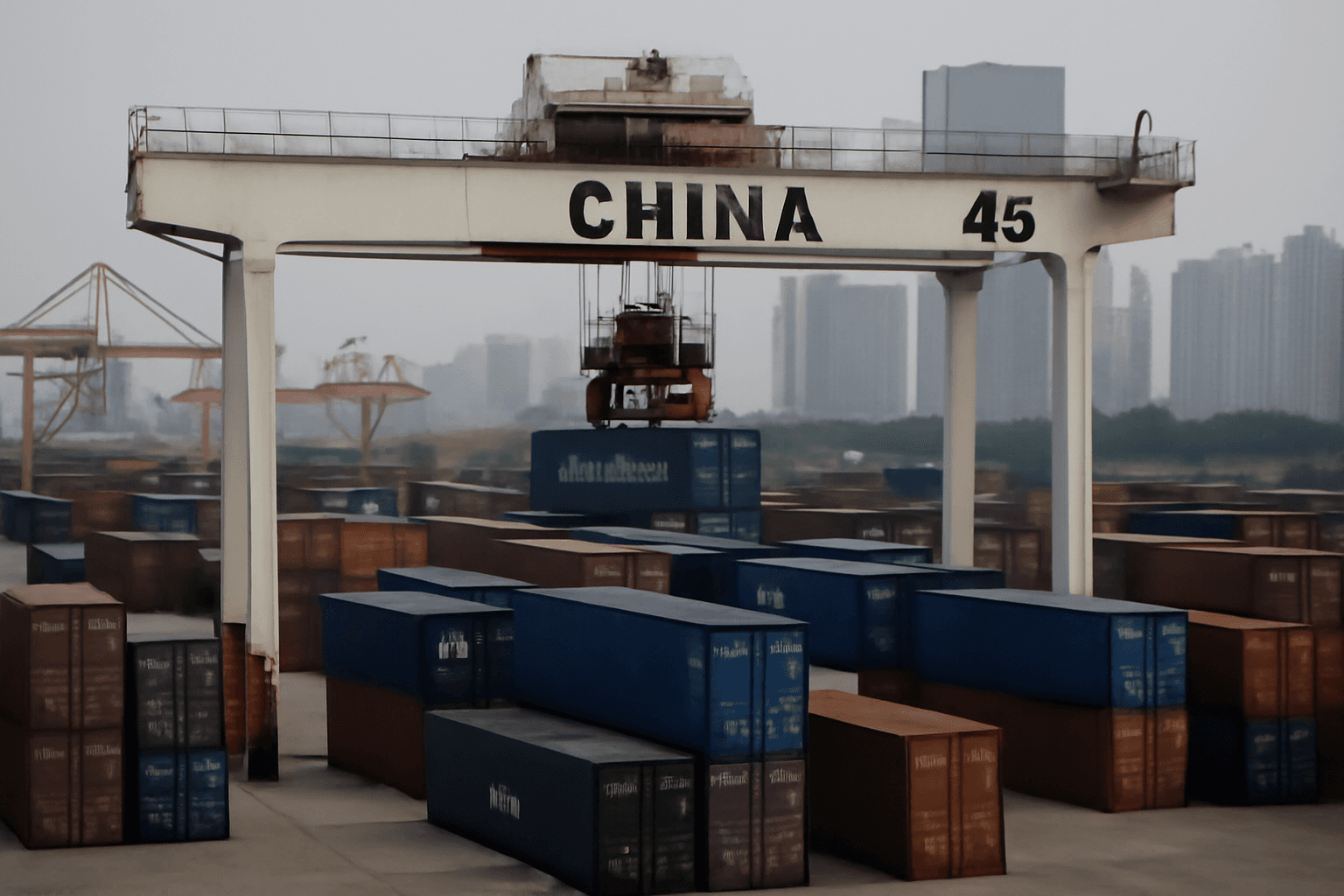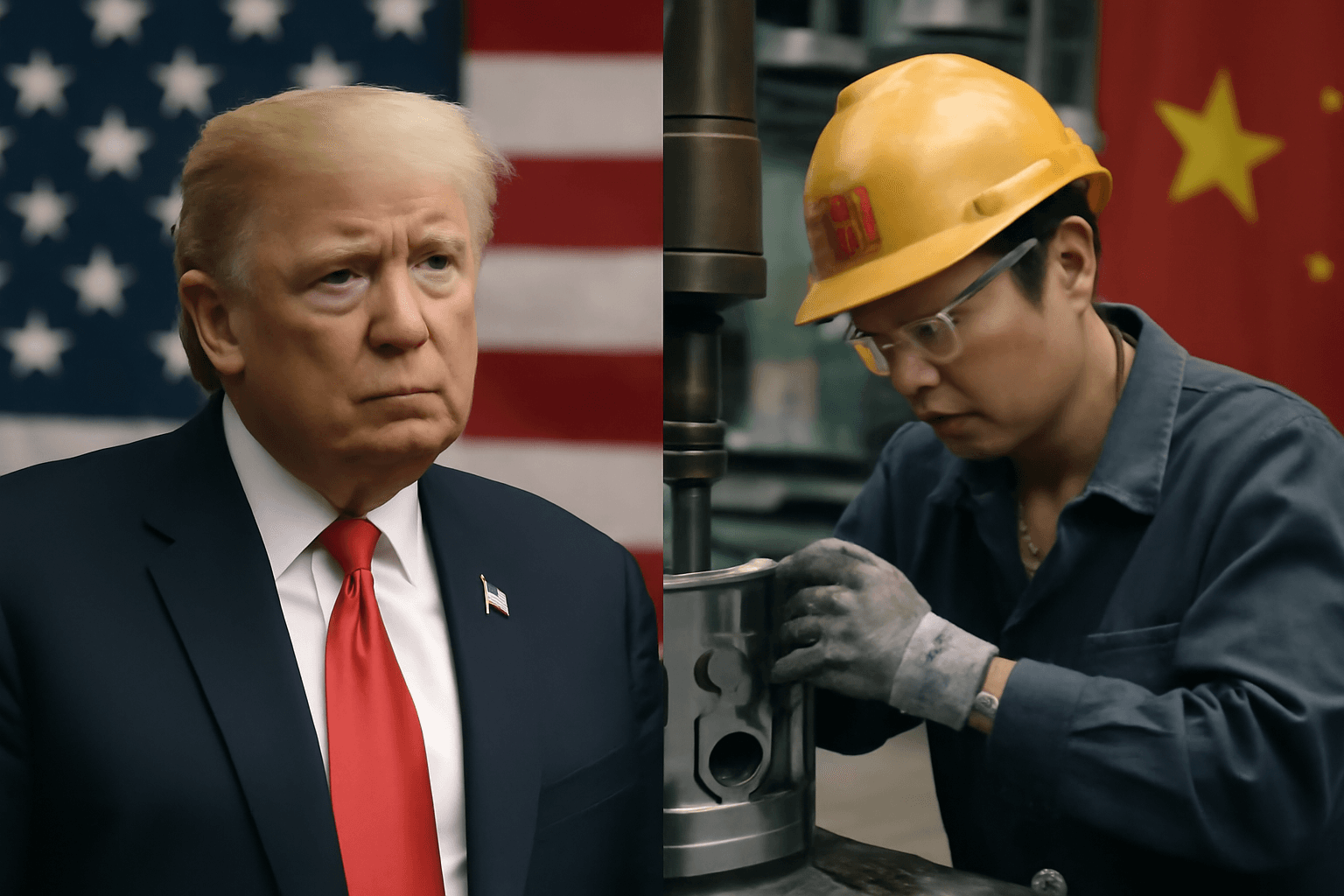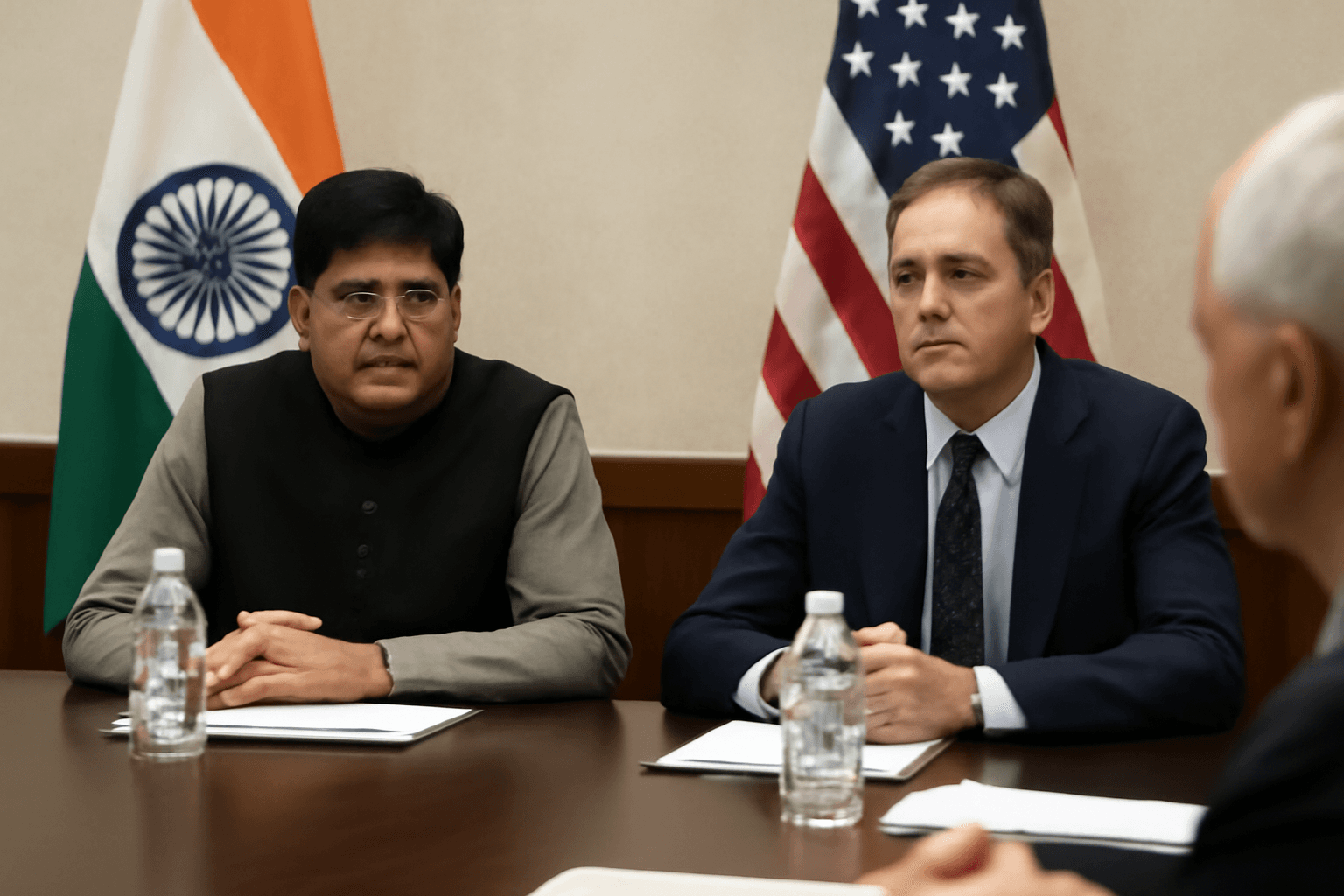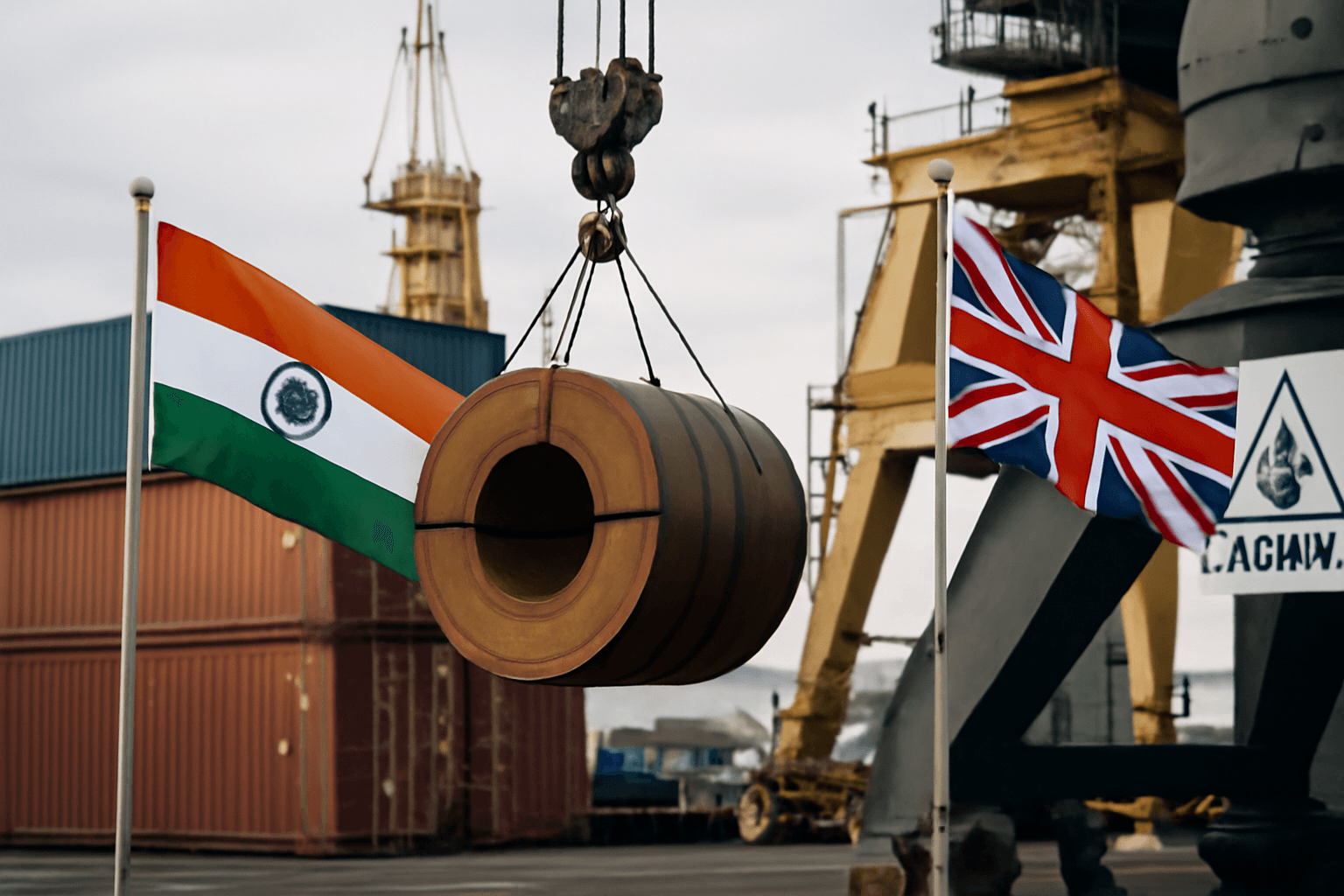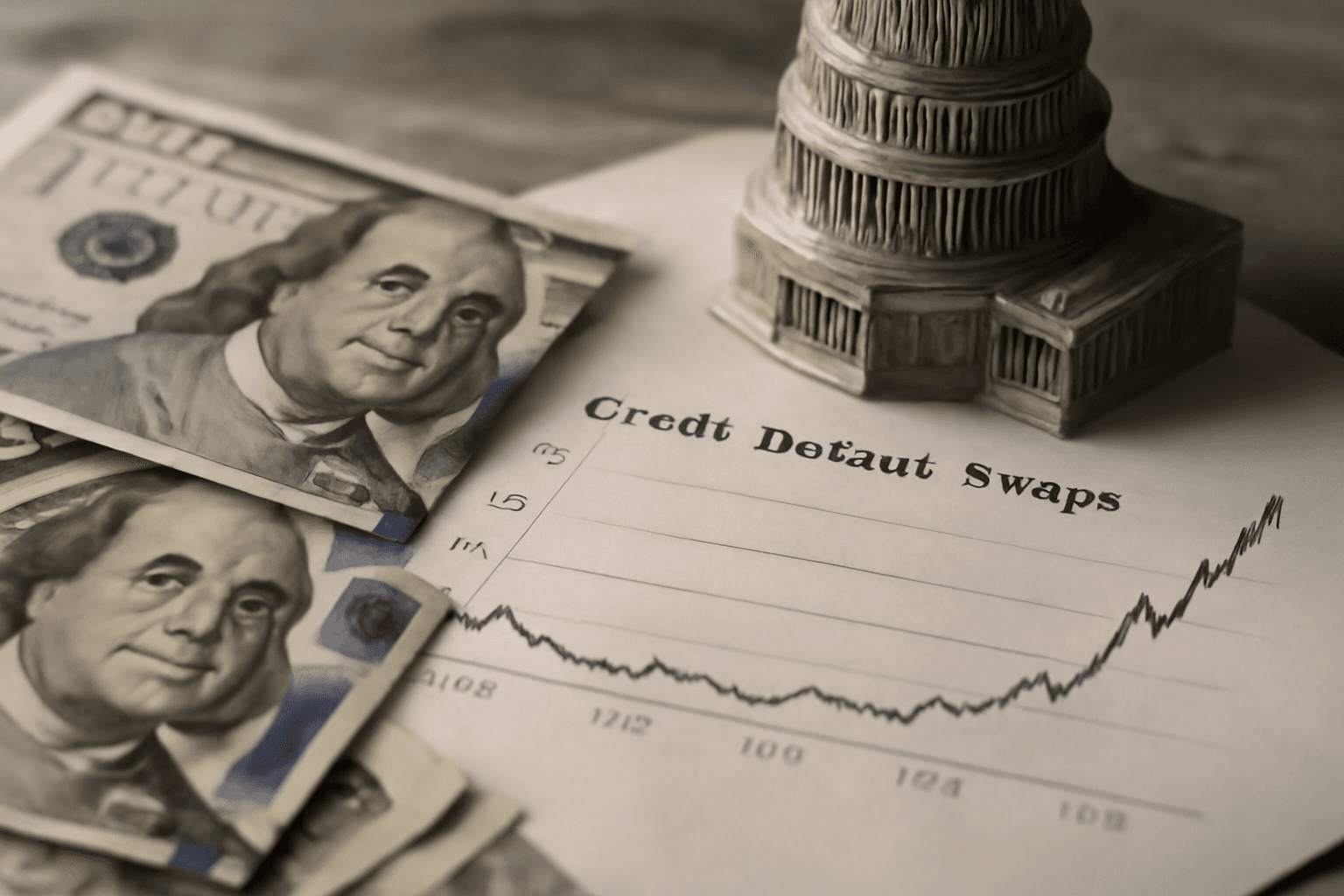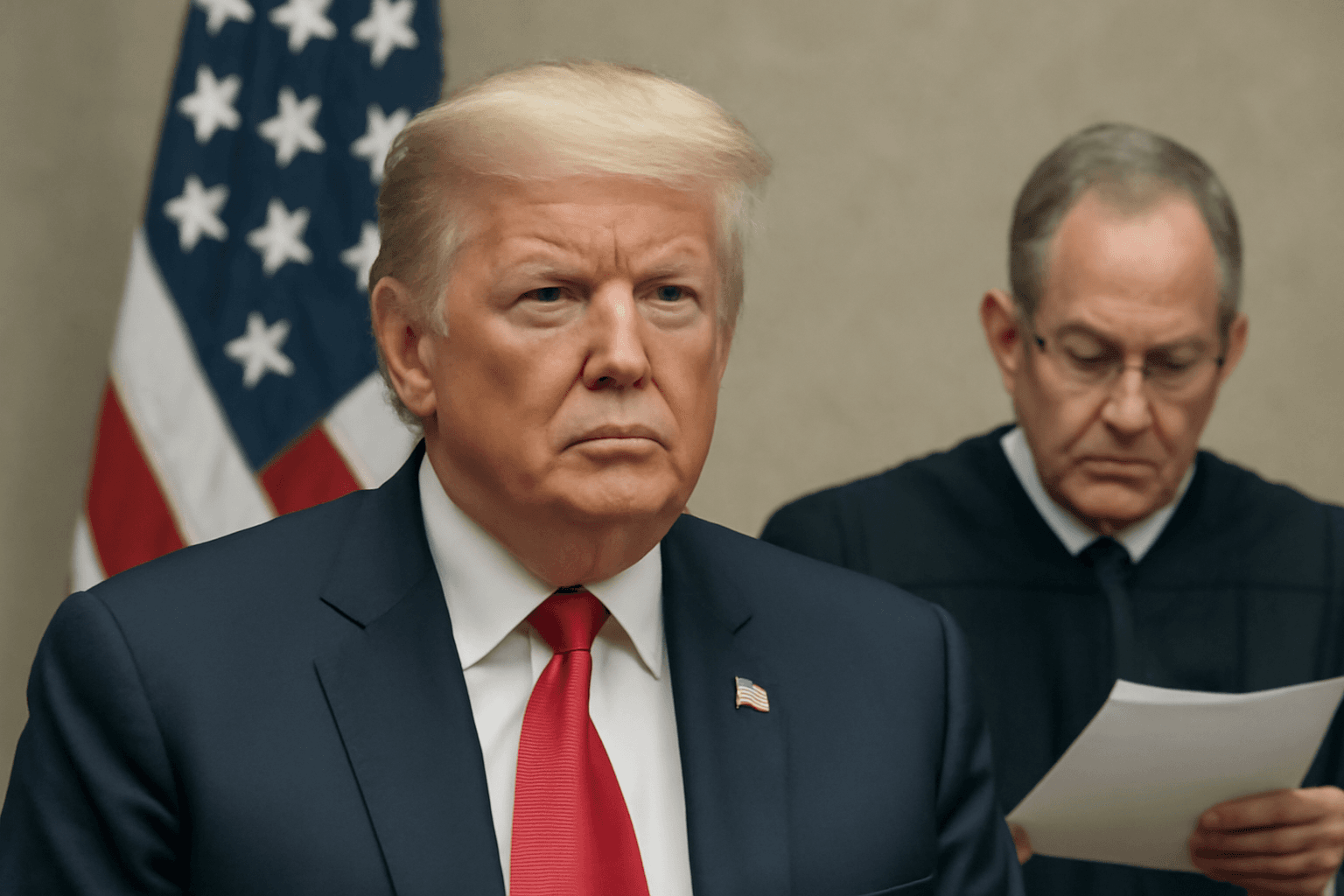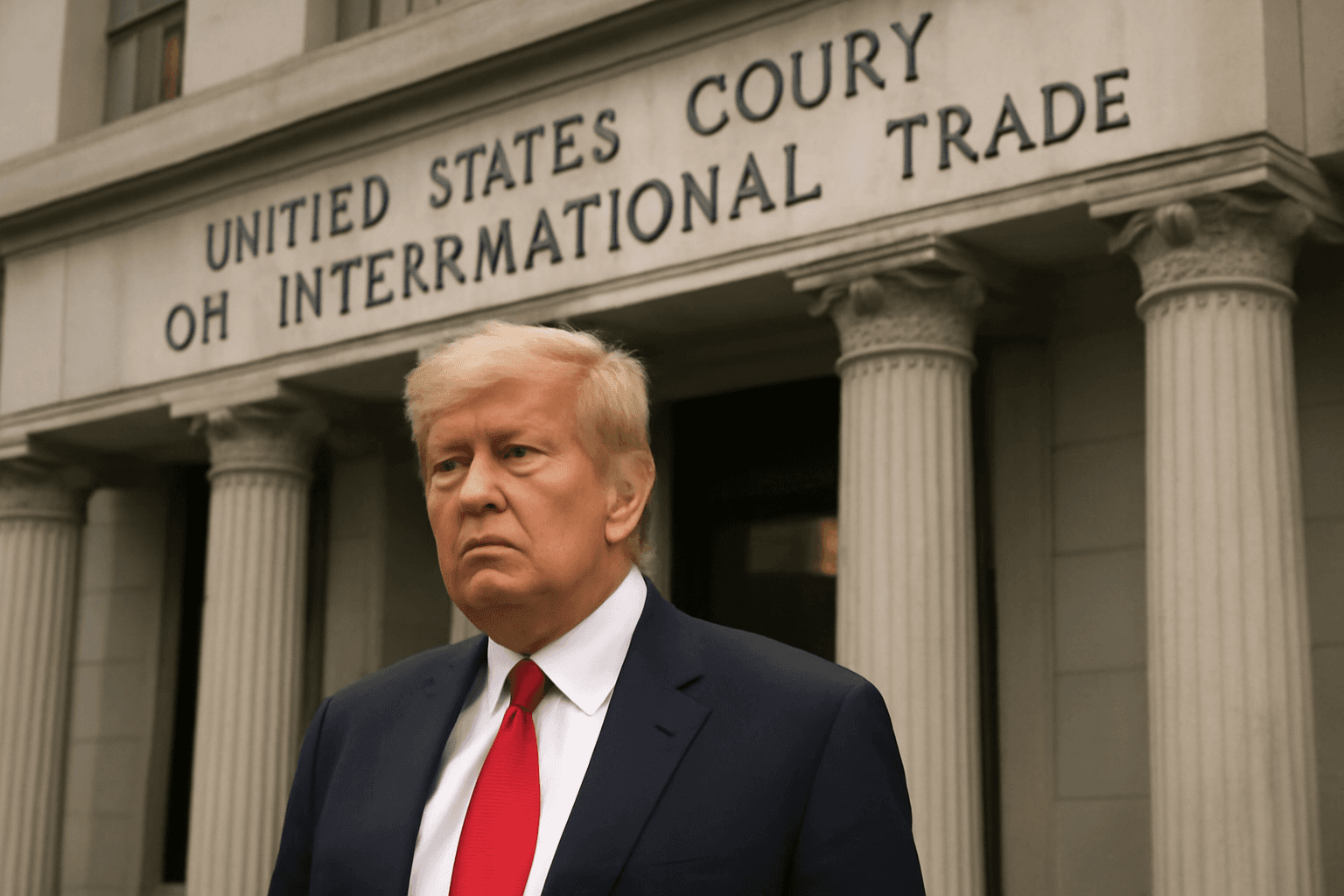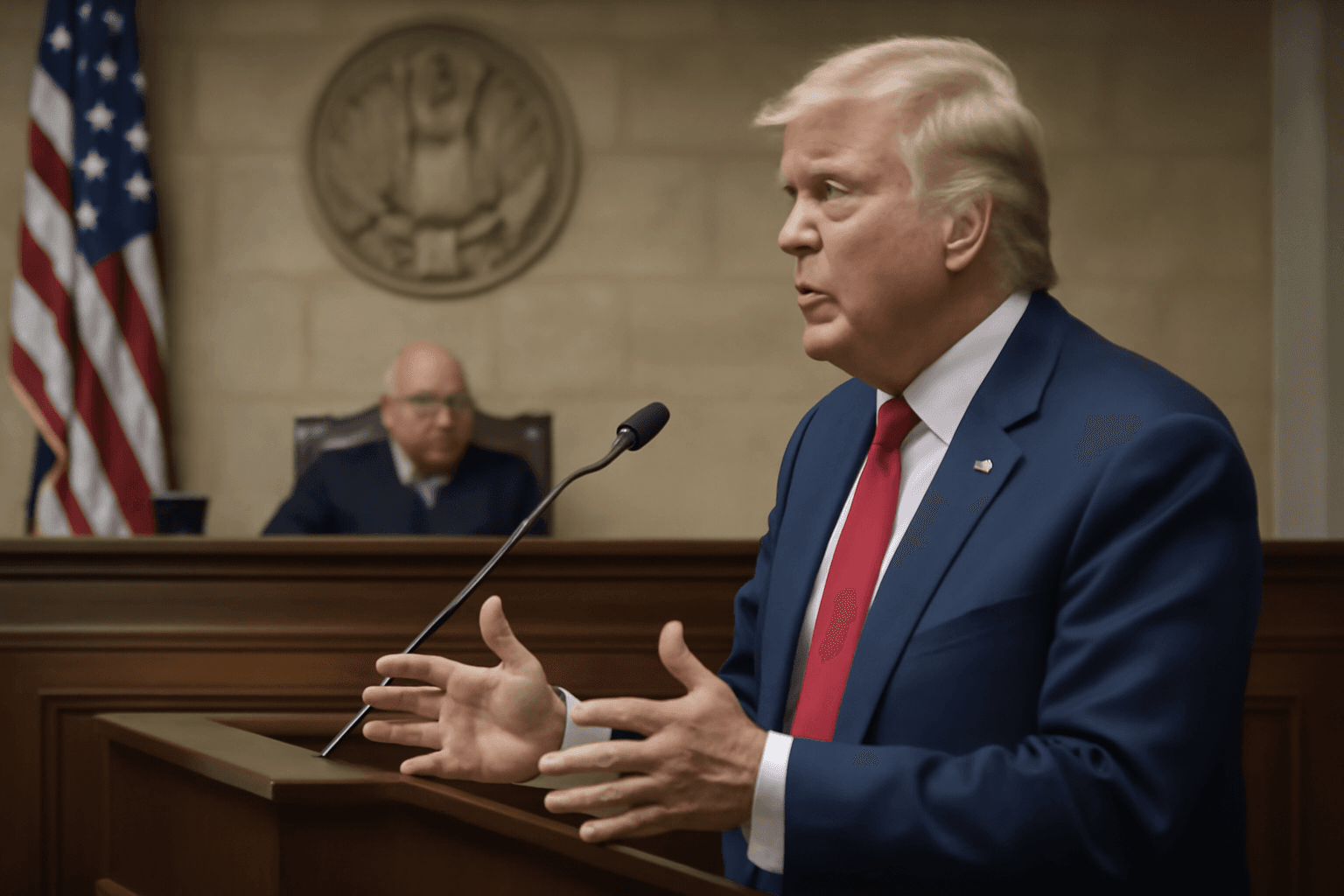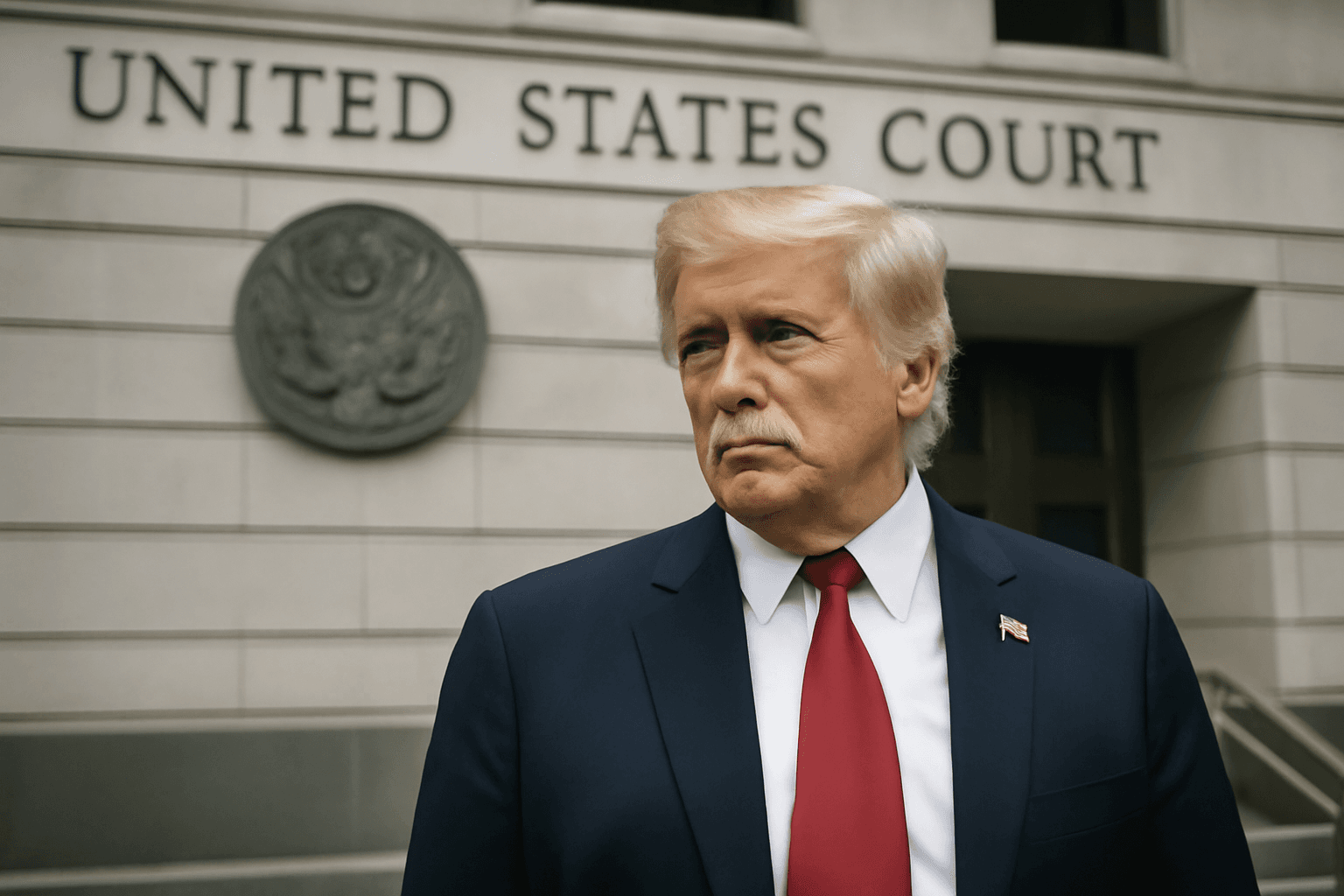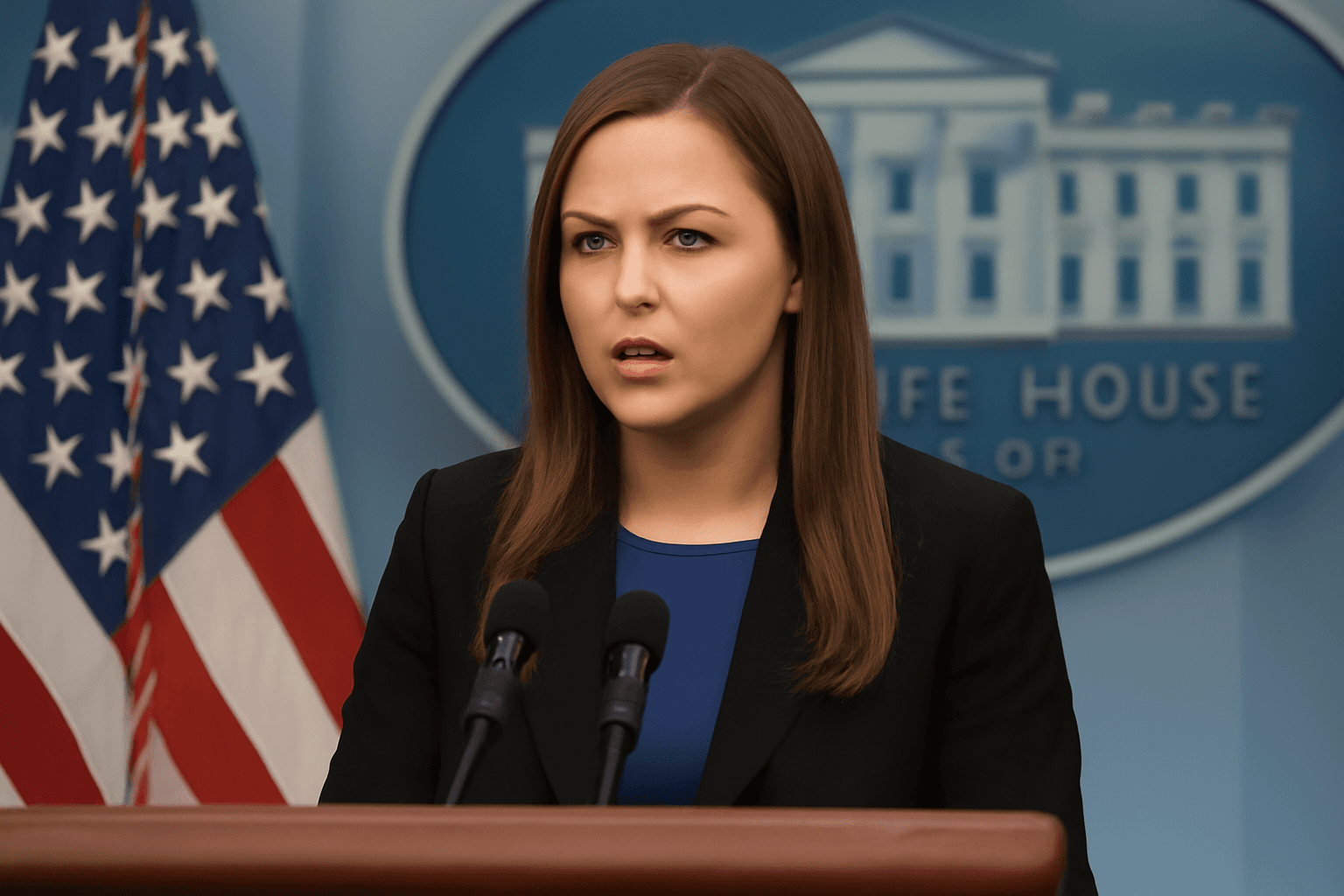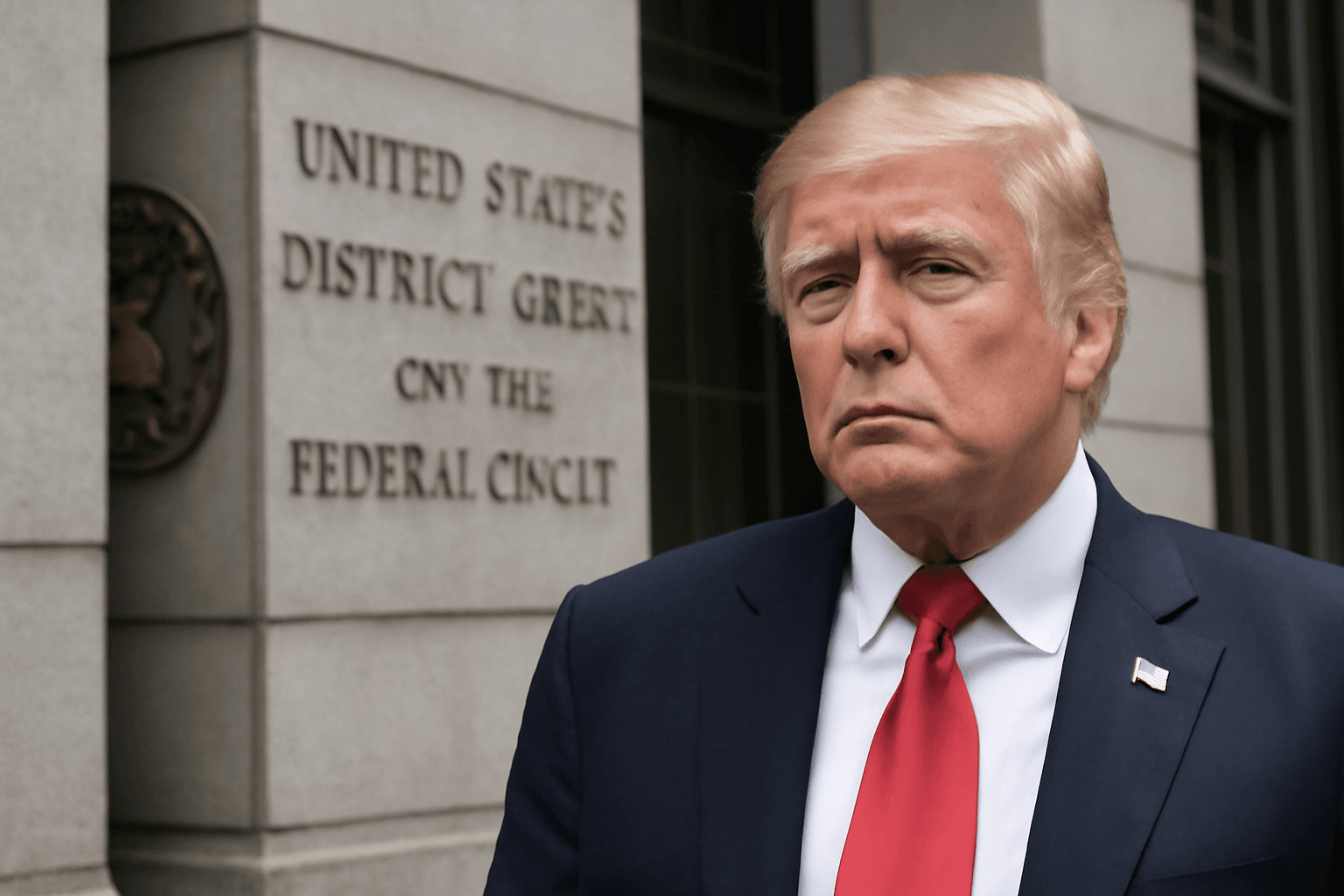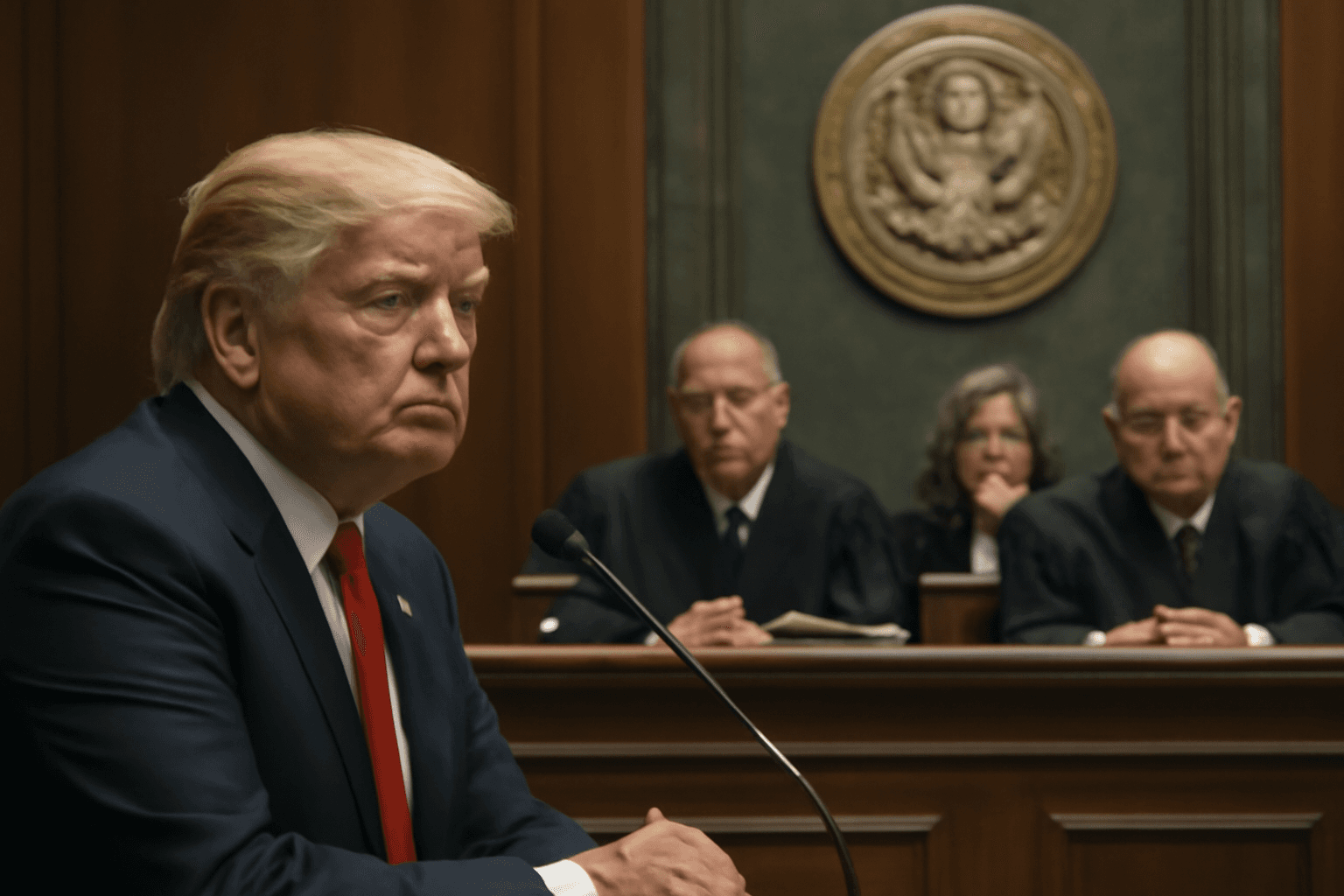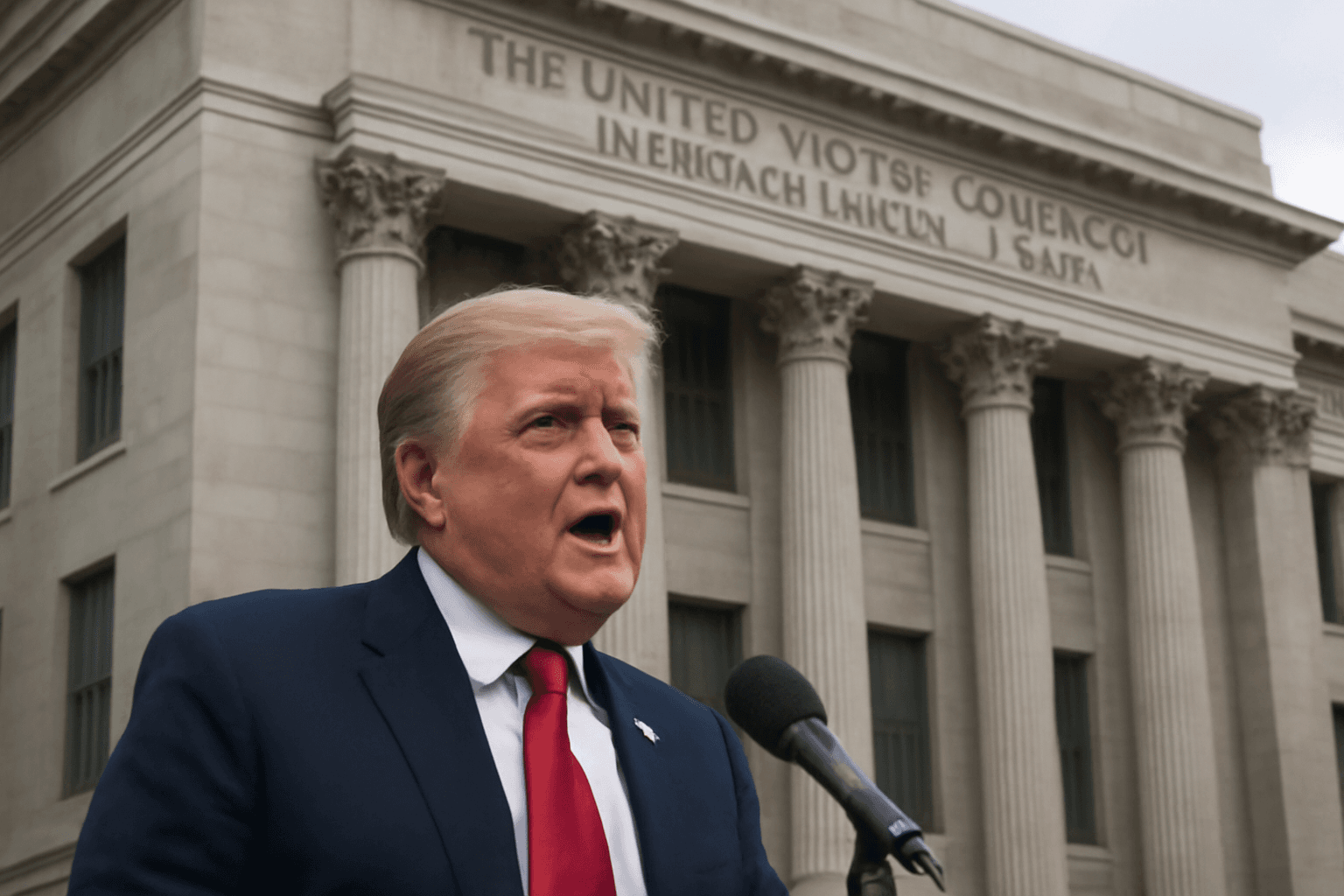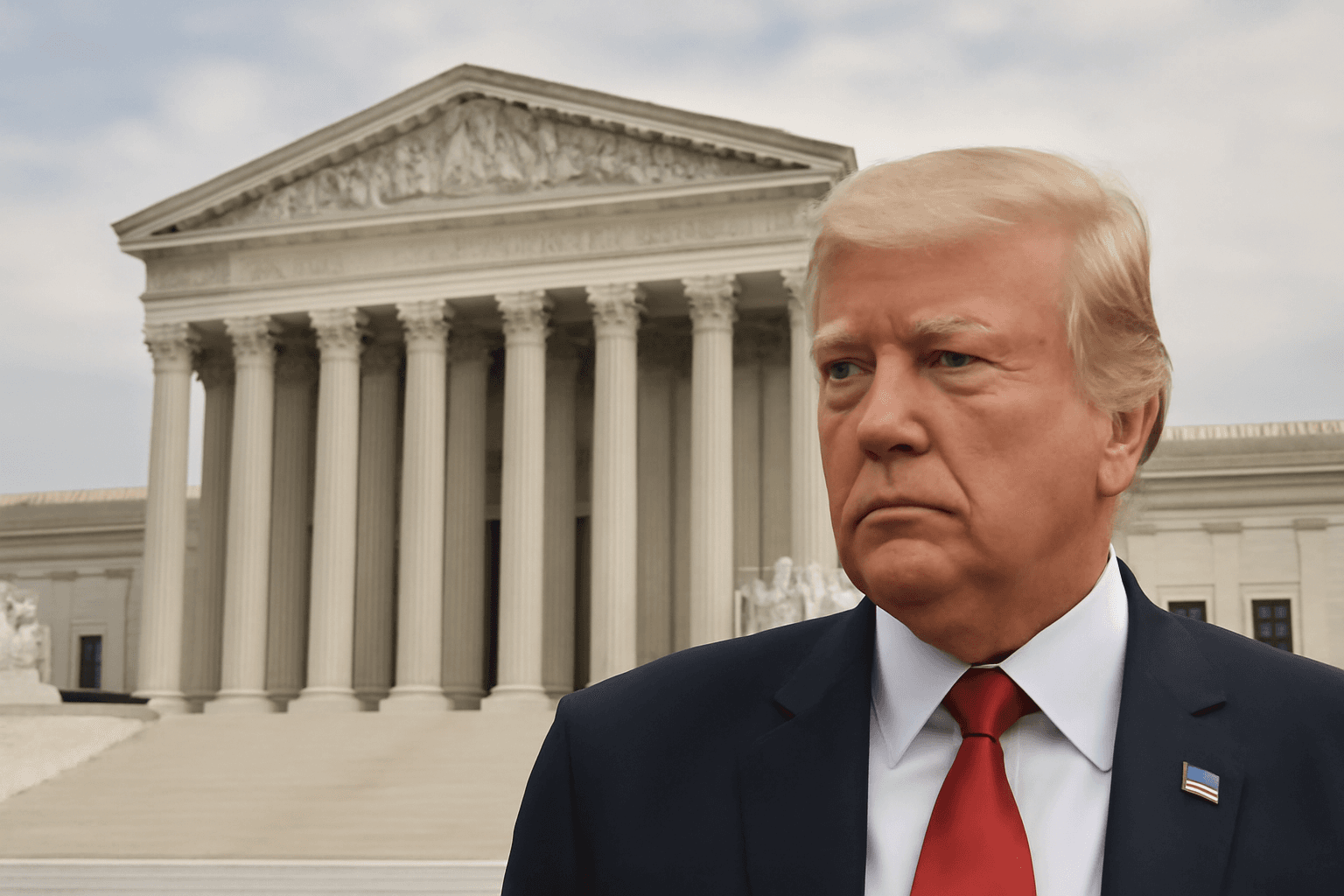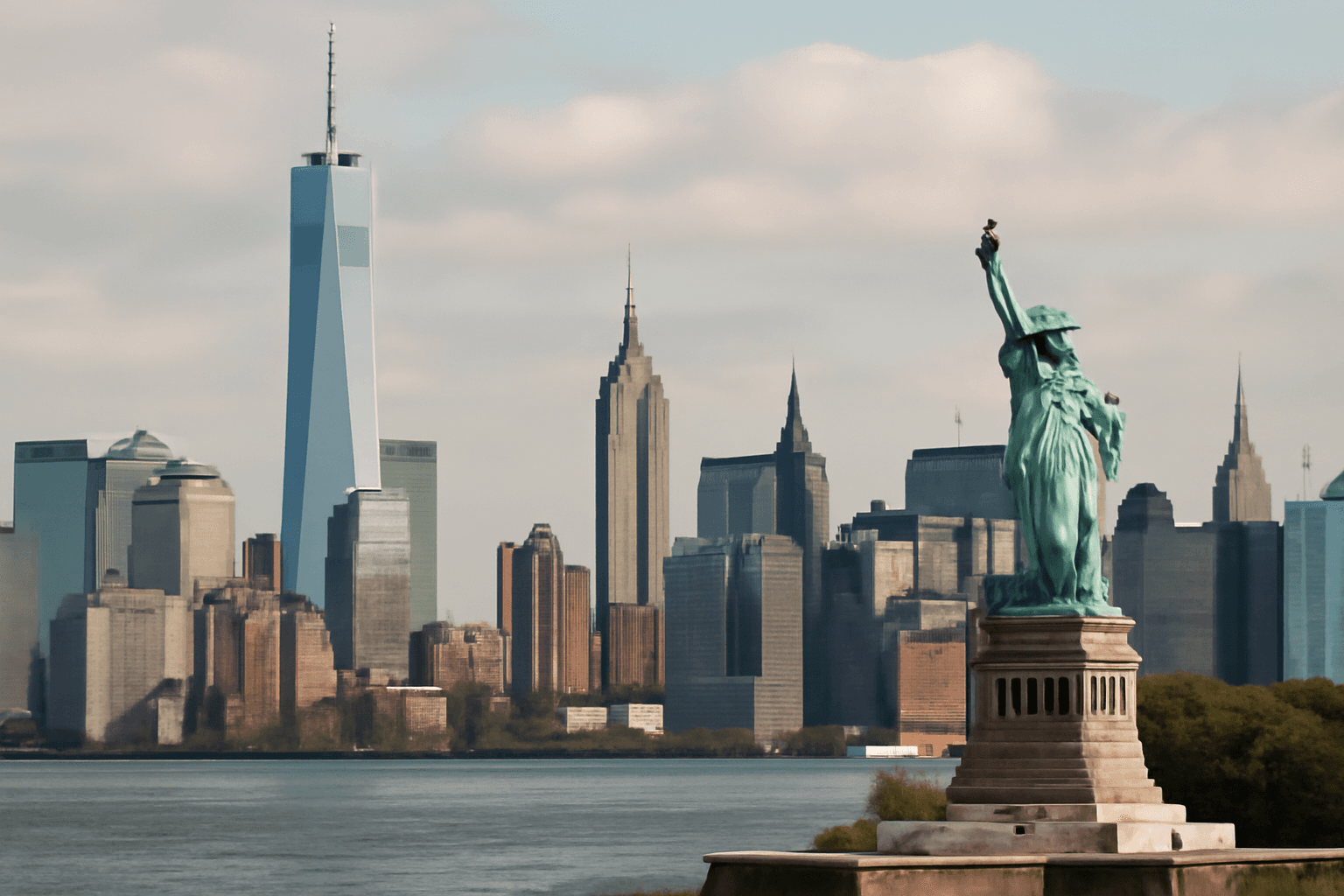In a significant legal development, a three-judge panel of the US Court of International Trade has ruled that former President Donald Trump exceeded his authority by imposing widespread tariffs using the 1977 International Emergency Economic Powers Act (IEEPA). This decision challenges Trump's unilateral approach to trade policy that has unsettled markets and businesses.
Trump had declared a national emergency based on the United States' longstanding trade deficits and imposed tariffs on imports from nearly all trading partners. The court found these measures exceeded his statutory authority and failed to address an actual emergency, given that trade deficits have persisted for decades without qualifying as emergencies.
Despite the ruling, the Court of Appeals for the Federal Circuit granted a temporary stay allowing the tariffs to remain in effect during the ongoing appeal process. Legal experts note multiple lawsuits are challenging these tariffs, indicating a prolonged judicial dispute likely to reach the Supreme Court.
Several tariffs remain unaffected, including those on steel, aluminum, and autos, which were imposed under different legal provisions requiring Commerce Department investigations. Trump's tariffs on China related to unfair trade practices also persist, with potential for further expansion.
The ruling introduces uncertainty to negotiations with other countries during the 90-day pause on certain tariffs and compels American businesses to reevaluate supply chains, balancing the risk of tariffs being reinstated on appeal.
Economists anticipate the removal of IEEPA tariffs could boost U.S. economic growth in the latter half of 2025 by an estimated 0.5 percentage points and help stabilize prices, while importers might eventually receive refunds if the ruling stands after appeals conclude.
On social media, Trump criticized the ruling as politically motivated and expressed hope for a Supreme Court reversal. Meanwhile, financial markets responded cautiously, reflecting expectations that the administration may pursue alternative measures to sustain its trade agenda.

